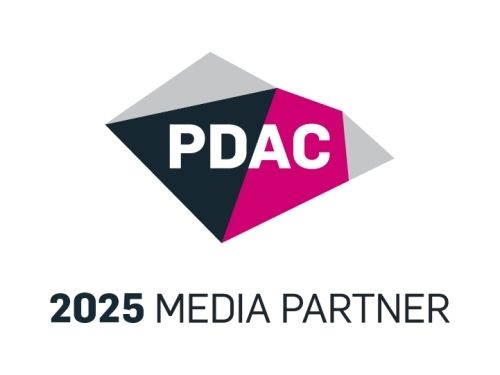Canada faces obesity crisis linked to food marketing to children

Every year, children are inundated with television and online ads for restaurants, breakfast items, candy, chocolate, and snack foods. Research shows that marketing works.
Children and adolescents are 1.77 times more likely to choose an item that is marketed to them, leading to "significant increases in food intake, choice, preference, and purchase requests," according to a 2022 analysis by U.K. researchers of 96 previous studies examining those patterns.
Experts say the ads are contributing to Canada's chronic weight problem, where one in three children and youth, and nearly two in three adults are overweight or living with obesity, according to the Public Health Agency.
A Canadian study found that in Toronto, children viewed more than 750 ads per person for unhealthy food on TV in 2019, while adolescents' exposure was higher, at more than 1,000 ads for foods high in fat, sugar, or salt.
The federal government acknowledges that food marketing campaigns have a significant impact on what we eat. Yet, it missed its own deadline to publish proposed regulations to restrict the advertising last spring in the Canada Gazette — a federal publication announcing proposed laws and other government news — despite extensive consultations on restrictions beginning in 2016.
Health Canada wouldn't state why the government's proposed regulations were delayed, instead pointing out in an email that they are part of the government's Forward Regulatory Plan, a list of anticipated regulatory changes through 2026.
The government stated it remains committed to amending the Food and Drug Regulations at a later date. However, Lana Vanderlee, an assistant professor at Université Laval's School of Nutrition and Canada Research Chair in Healthy Food Policy, blames the delay on "industry interference."
In the three years before the Child Protection Act failed in 2019, which would have limited marketing to kids, research from the University of Toronto found that government interactions with the food industry heavily outnumbered input from public health or non-profits related to healthy eating.
In the U.S., the issue has suddenly come under scrutiny after a recent study blamed junk food as one of the bad habits preventing Americans from increasing their life span as quickly as other high-income countries. New members of U.S. President Donald Trump's administration are reportedly gearing up to fight "Big Food."
In Canada, advertising is regulated by Ad Standards, a third-party, not-for-profit organization. It does its work according to an industry-led code that came into full effect in 2023. The code does not allow children under 13 to be the primary target of advertising for foods high in saturated fat, sugar, and salt.
Groups such as Food, Health & Consumer Products of Canada (FHCP), a national association representing the food, health, and consumer products industry, and the Canadian Beverage Association, contend that the current code is adequate.
Ad Standards reviews ads submitted for preclearance, which is optional, and investigates complaints, a confidential process. However, there is no penalty aside from changing or withdrawing the ad when they don't meet the code.
Critics argue that the framework doesn't go far enough. In Canada, obesity rates continue to rise, along with diet-related chronic diseases, even as knowledge of healthy eating benefits increases.
Patricia Lattanzio, MP for the Saint-Léonard – Saint-Michel riding in Quebec, tabled private member's bill — Bill C-252 — in 2022 to amend the Canadian Food and Drugs Act to prohibit advertising of foods and beverages high in sodium, sugars, and/or saturated fat to kids under 13. The bill has passed three readings in the House of Commons and is now being reviewed by the Standing Senate Committee on Social Affairs, Science and Technology.
Lattanzio, a mother of three, understands the challenges of getting kids to eat healthy food. She believes the advertising code created and adopted by the industry acknowledges there is a problem, but emphasizes the law must hold entities accountable.
The concept of restricting food marketing is not new. The World Health Organization warns it is a public health threat and has urged countries to take action more than a decade ago, reiterating this call in a recent paper.
Only a few countries have implemented changes; one is Norway, which announced a public consultation to ban unhealthy food marketing to children, raising the age limit to under 18.
The U.K. government recently banned junk food ads on television before 9 p.m. and online ads for foods high in saturated fat, sugar, and salt, with regulations coming into effect next fall.
If the Canadian government opts for blanket restrictions, it could dramatically alter advertisers' access to kids and adults alike, which is a concern for the advertising industry.
Children and adolescents are particularly vulnerable due to their cognitive development limiting comprehension of marketing techniques, alongside challenges surrounding impulse control and peer influence.
The Canadian government has moved several health policies forward as part of a healthy eating strategy started in 2016, which includes changes to food labelling and guidelines. However, the delay concerning marketing restrictions poses ongoing challenges.




















